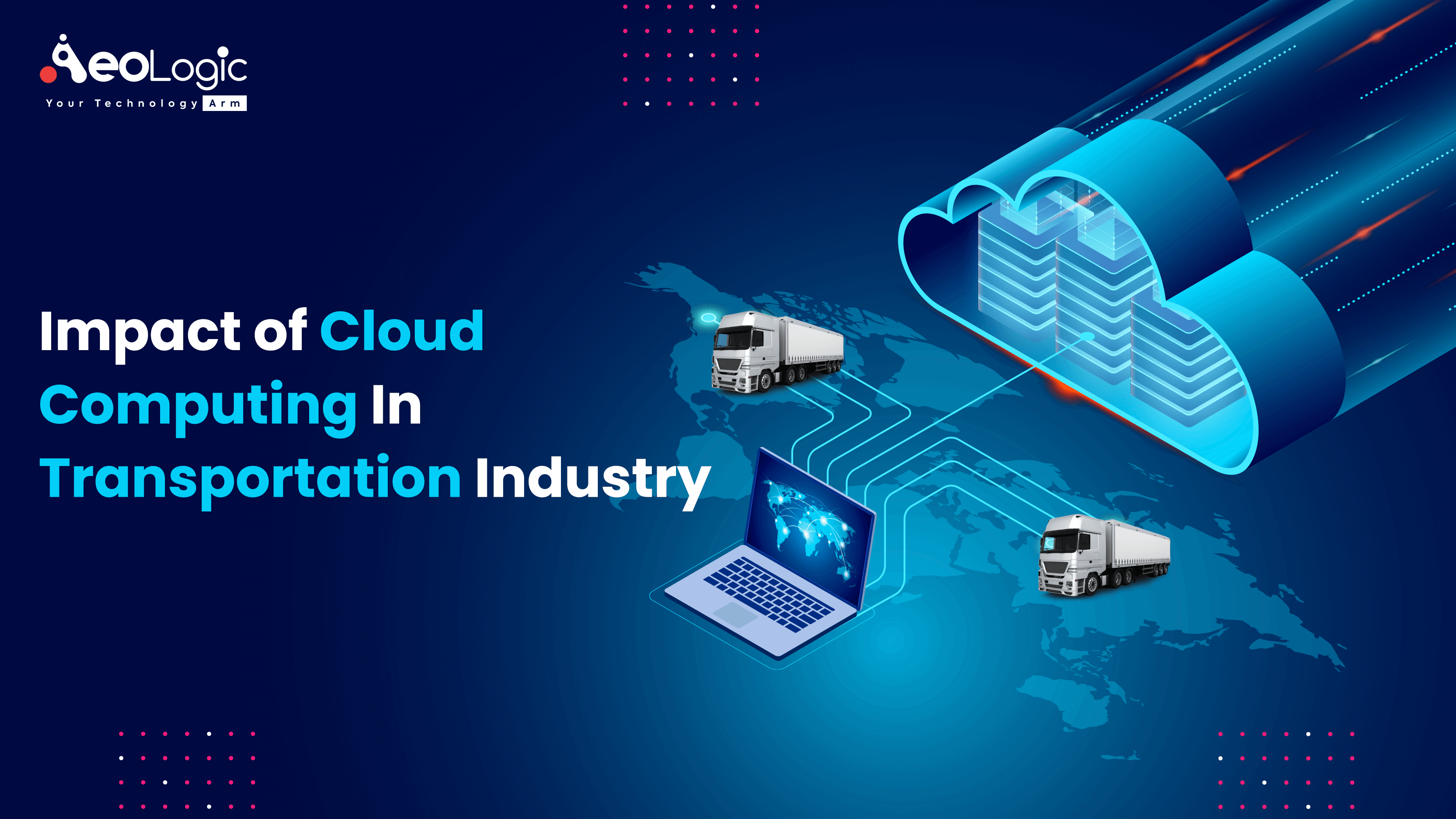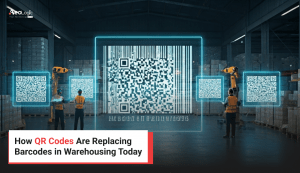Cloud computing refers to the delivery of on-demand computing services on the internet on a pay-as-you-go basis in simpler words rather than managing files and services on a local storage device. You’ll be doing the same over the internet in a cost-effective way.
Transportation is a highly fragmented industry where it takes a little more than a commercial driver’s license and a truck to get into business.
The covid-19 pandemic has delivered its own challenges like lockdowns, restrictions, troubles in the supply chain, and shocks to the broader economy.
In this blog, you’ll get to know about the astonishing impact of cloud computing in the transportation industry.
The Impacts Are as Follows:
1. The Vehicle Tracking:
Earlier in the transportation industry real-time vehicle tracking was to be done with the engagement of specialized vehicle tracking companies. The tracking by these companies was done with the installation of costly hardware over the vehicle and its major part was deployed at the transport company’s premises. Also, this hardware is used to demand recurring maintenance and up-gradation of costs.
In comparison to this, today is the era of cloud computing which resolves this issue in a very easy manner. The real-time tracking of the vehicles is done with the use of software as a service (SaaS) model. This enables no hardware on the premises of transportation companies and helps them to eliminate the costs of maintenance and operational expenses.
Implementation of E-ticketing:
The world is evolving and adapting technology is everything possible. Just like this earlier in the transportation industry e-ticketing facility was either not available or was in use by a handful of companies. The ticket-buying task was way too tiring and time-consuming especially during peak times like during the holidays season, festive seasons, etc the transport companies used to install costly servers and other hardware to handle the orders. Also, these investments in the hardware by these companies will never be utilized optimally. Now, because of the use of cloud computing the scalability of the service is inbuilt as it is sourced from the cloud. At time of increase in the demand of the passenger, the allocation of more computing resources will be done to transport company by CSP.
This enables a win-win situation for both passengers which are the customers and for the company as well, the transport company need not invest in the expensive hardware and operational costs as the cloud would be able to handle the abnormal demand seamlessly, and customers can also plan their booking from the comfort of their homes.
2. Logistics Planning:
In order to remain competitive and to add a bit of diversification to the work portfolio adding logistical movement is the go-to option for a transportation company, this will definitely give the company a competitive advantage but will also increase some complications not just like passengers planning logistics is way more complicated.
In order to plan logistics the transport company needs to install dedicated hardware in the premises and entailing both procurement and maintenance costs, this will be done to plan the weight, mass, and physical placement of each of the items accurately.
To avoid these complications CSP is used to offer virtual modeling software which is highly intelligent and capable enough also in the case of CSP no hardware needs to be deployed on the premises thus it saves the extra costs as well.
3. Comfort for The Passenger:
By using cloud services the transport company no need to spend extra money on the entertainment of the passenger to make their ride fun. The enhancement inexperience of the passengers will be easily done by cloud-based streaming services like Netflix, amazon prime, etc.
4. The Real-Time Updates:
Another pain point of the passenger is unforeseen delays in traveling such as the closure of roads, diversions, or traffic jams at busy intersections. The use of cloud base tracking will notify the passenger and update them about the real-time changes in the ride schedule. This service will not shorten the time of the travel but will surely keep the passengers engaged. Also, this will be very beneficial for transportation companies in collecting and delivering the parcel.
5. Maintenance of The Vehicles:
To avoid the strains of vehicles to meet tight schedules transport companies can install sensors to the critical components of the vehicle to get the data fed to cloud-powered analytical tools in real-time if the sensors breach the set threshold, this will lead in scheduling the repairing and maintenance of the vehicle and will determine the safety of the passengers and reputation of the company.
6. Integrating AI and ML:
The use of machine learning (ML) algorithms enables extracting valuable insights from historical data of transportation companies and their passenger’s travel patterns. Based on historical data future predictions for the demand can be done with cloud-enabled artificial intelligence solutions. This will not only give the transport company a competitive advantage but also enables them to allocate their resources productively.
Conclusion:
Cloud computing solution is capable of providing tons and tons of benefits to the transport company by reducing their operational and maintenance costs and by increasing their finances by enhancing the passenger’s travel experience.

Manoj Kumar is a seasoned Digital Marketing Manager and passionate Tech Blogger with deep expertise in SEO, AI trends, and emerging digital technologies. He writes about innovative solutions that drive growth and transformation across industry.
Featured on – YOURSTORY | TECHSLING | ELEARNINGINDUSTRY | DATASCIENCECENTRAL | TIMESOFINDIA | MEDIUM | DATAFLOQ








